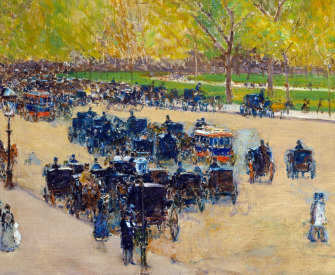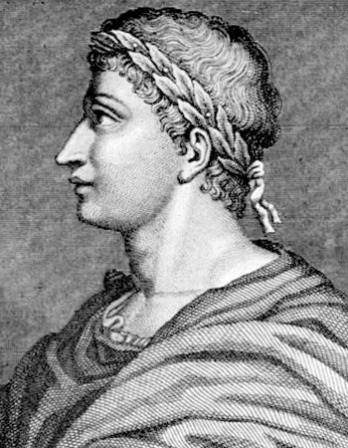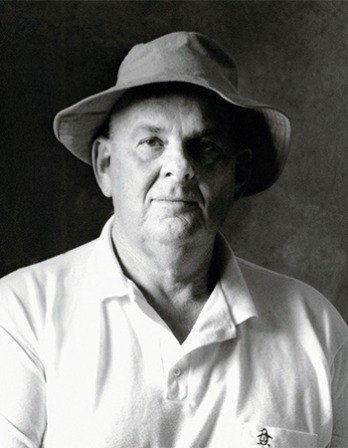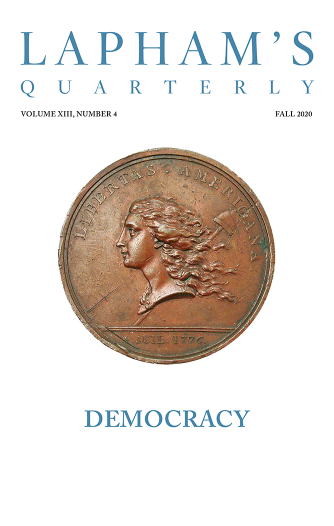In considering how dissensions and political revolutions arise, we must first of all ascertain the beginnings and causes of them which affect constitutions generally.
They may be said to be three in number, and we have now to give an outline of each. We want to know: first, What is the feeling?; secondly, What are the motives of those who make them?; thirdly, Whence arise political disturbances and quarrels?
The universal and chief cause of this revolutionary feeling is the desire of equality, when men think that they are equal to others who have more than themselves; or, again, the desire of inequality and superiority, when conceiving themselves to be superior they think that they have not more but the same or less than their inferiors; pretensions which may and may not be just. Inferiors revolt in order that they may be equal, and equals that they may be superior. Such is the state of mind that creates revolutions. The motives for making them are the desire of gain and honor, or the fear of dishonor and loss; the authors of them want to divert punishment or dishonor from themselves or their friends. The causes and reasons of these motives and dispositions that are excited in men, about the things that I have mentioned, viewed in one way, may be regarded as seven, and in another as more than seven. Two of them have been already noticed; but they act in a different manner, for men are excited against one another by the love of gain and honor—not, as in the case that I have just supposed, in order to obtain them for themselves, but at seeing others, justly or unjustly, engrossing them. Other causes are insolence, fear, love of superiority, contempt, disproportionate increase in some part of the state; causes of another sort are election intrigues, carelessness, neglect about trifles, dissimilarity of elements.
From the Politics. The son of a Macedonian court physician, Aristotle in 367 bc moved from Macedonia to Athens and joined Plato’s Academy, where he remained for twenty years. Upon Plato’s death, Aristotle went to Assus and Mytilene, conducting extensive scientific research that included classifying around five hundred species of animals. He returned to his homeland in about 342 bc to tutor the thirteen-year-old grandson of his father’s employer, King Philip II; his pupil would later be known as Alexander the Great.
Back to Issue





